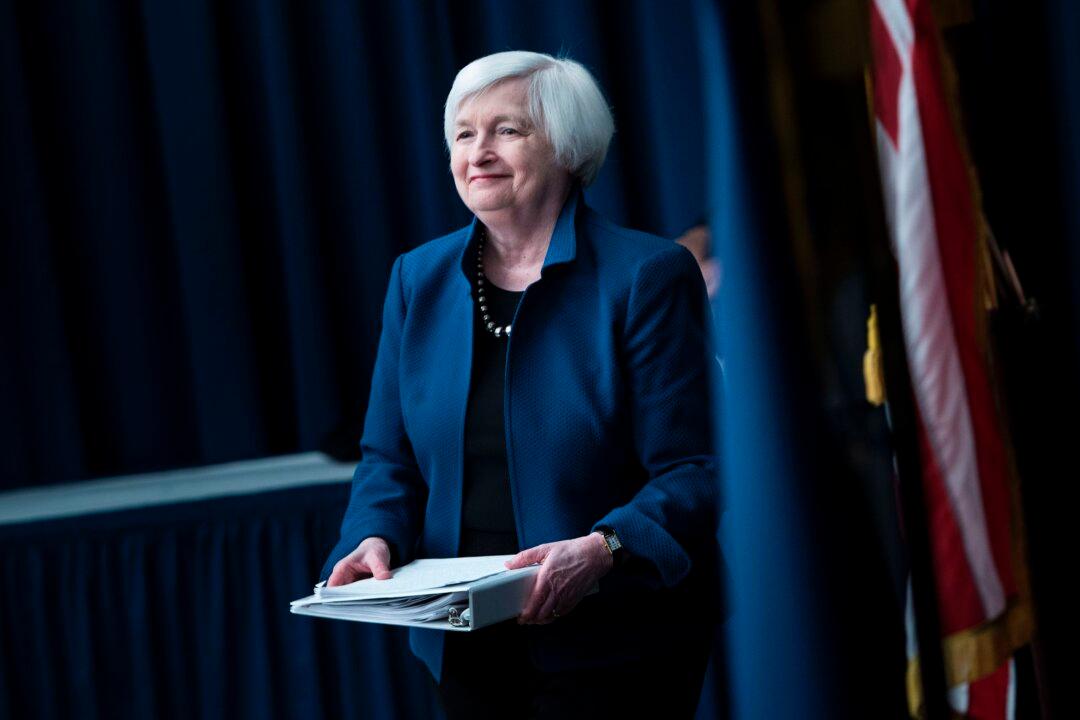The United States and the European Union (EU) have two completely different approaches to taxation.
To make American companies more competitive, President Donald Trump kept his electoral promise and cut taxes on corporate profits significantly. To prevent the rest of the world from outcompeting European producers, the EU served notice it would renew and intensify its fight against tax evasion (violations of tax laws), tax avoidance (exploiting loopholes in the tax legislation), and unfair tax competition.





